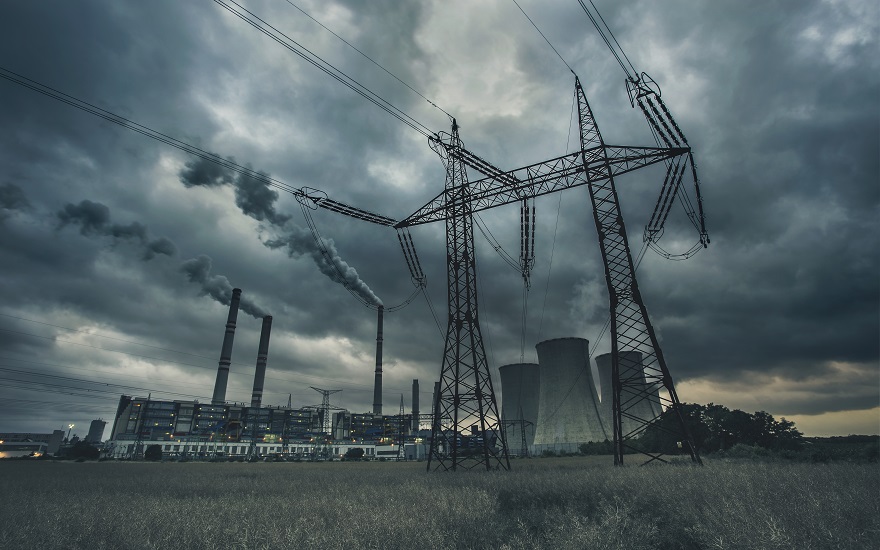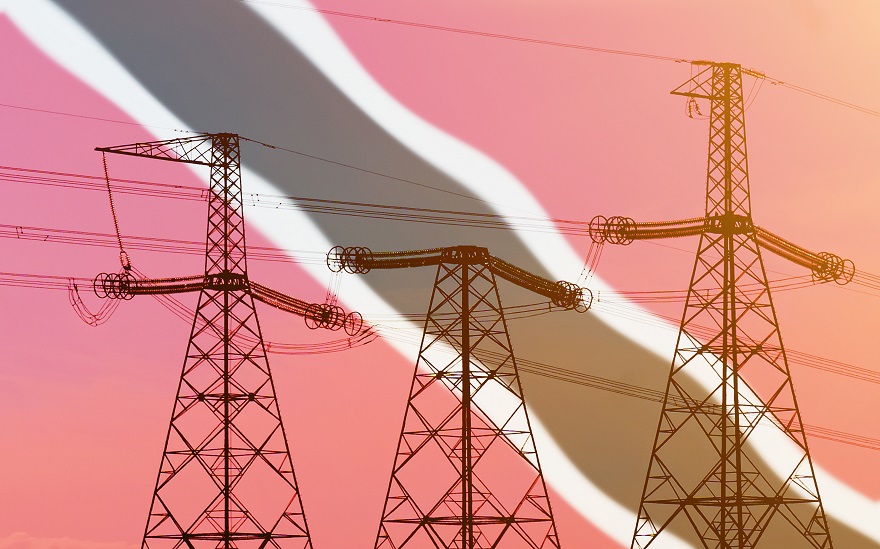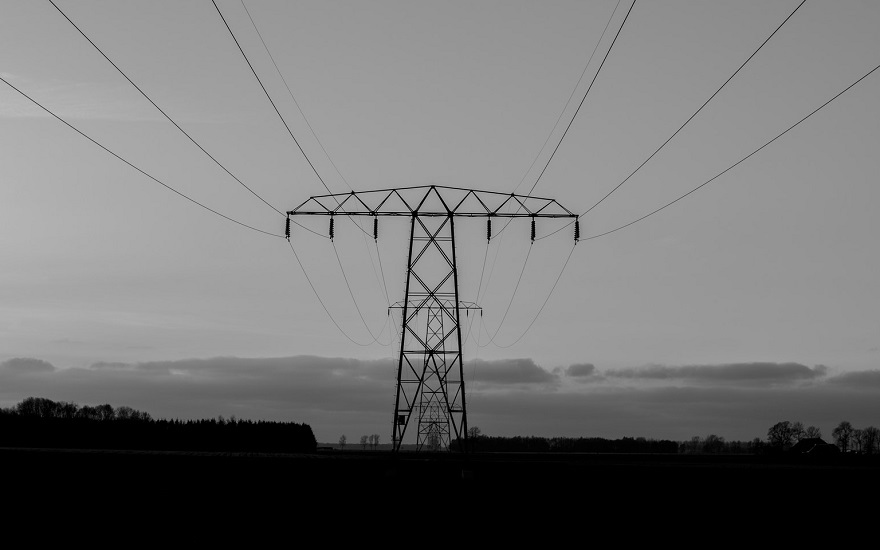Government launches consultation into the creation of an independent Energy Future System Operator in proposals that would see National Grid lose its role of balancing demand with supply.
The Department for Business, Energy and Industrial Strategy and Ofgem announced the plans to “drive progress towards net zero while maintaining energy security and minimising costs for consumers”.
It follows on from the energy regulator’s recommendation earlier this year for a fully independent system operator to avoid any perceived conflict of interest.
National Grid has had a role in managing Britain’s energy system for more than 30 years. It is the current electricity system operator, balancing demand with supply. But it also owns significant electricity and gas infrastructure and develops subsea interconnectors that trade energy with several European countries.
Amid growing concerns about potential conflicts of interest, Ofgem ordered a legal separation of National Grid ESO from the wider National Grid group. This came into force in April 2019.
However, the plans outlined in the Energy Future System Operator (FSO) consultation go even further. It suggests replacing National Grid ESO with a new independent body.
What Will The Energy Future System Operator Consultation Consider?
The aim of the new body is to overhaul the energy system rules and make them “fit for the future”. It would take on all the existing system operator functions.
However, it could conceivably also take on roles in strategic network planning, long-term forecasting, and market strategy for gas.
The consultation sets out two possible delivery models for the new system operator.
Firstly, it runs as a standalone privately-owned entity free of any energy sector interests. The alternative suggests a corporate body within the public sector, but with operational independence from the government.
Both BEIS and Ofgem propose a phased introduction of the FSO. This would allow time for any sales process required for changes in ownership.
The consultation ties into a wider strategy to ensure a robust governance system is in place to support the transition to net zero and the switch away from fossil fuels to renewables.
It was published on the same day as two further documents – the Smart Systems and Flexibility Plan and the Energy Digitalisation Strategy – which outline proposals to help connect electric vehicles, smart devices, and other green technologies to the energy network.
What’s The Reaction To The Proposals?
“We need to ensure our energy system can cope with the demands of the future. Smart technologies will help us to tackle climate change while making sure that the lights stay on and bills stay low.”
– Anne-Marie Trevelyan MP, Energy and Climate Change Minister
“As energy regulator, Ofgem will work with government and industry, to help consumers make the changes needed and ensure the transition to net zero is affordable, fair and inclusive for all.”
– Jonathan Brearley, Ofgem Chief Executive
National Grid has vowed to work closely with BEIS and Ofgem throughout the consultation process.
“National Grid operates one of the safest, most efficient and reliable energy networks in the world, and has a critical role to play in the decarbonisation of the economy to reach net zero.
“An industry structure that enables long-term, holistic thinking and allows the Electricity System Operator to take on new roles as part of the energy transition is an important step in the market and regulatory reform necessary to deliver the clean energy transition in a timely, fair and affordable way.
“We therefore welcome the consultation and will continue to work closely with BEIS and Ofgem on the role of a Future System Operator, the most appropriate ownership model and any future related sale.”
– Statement from National Grid
Its ESO division has earned National Grid an average of £199 million a year over the past five years. This amounts to approximately 1.3% of total revenues for the group. In addition to operating high-voltage transmission lines, National Grid has an energy supply arm in the USA.
What Happens Now?
The Energy Future System Operator consultation incorporates 28 questions. They cover topics such as “The Case for Change”, “What should an FSO do?”, “Organisational models” and “Implementation”.
It is open to responses until 28 September 2021.





The UK government’s consultation on establishing an independent Energy Future System Operator (FSO) represents a significant shift in managing the country’s energy system. This move aims to enhance transparency and efficiency while addressing potential conflicts of interest inherent in National Grid’s dual role as operator and infrastructure owner. The proposal to create a standalone entity, separate from existing energy interests, seeks to streamline governance and support the transition to a net-zero energy system.
The consultation highlights the need for robust strategic planning and long-term forecasting, ensuring that the UK’s energy system can adapt to future demands and integrate new technologies effectively. The proposed phased introduction of the FSO will allow for a careful transition, balancing operational independence with necessary oversight. National Grid’s commitment to cooperate with BEIS and Ofgem underscores the importance of a collaborative approach in achieving a fair and sustainable energy transition. This initiative aligns with broader efforts to modernize energy infrastructure and support a cleaner, more resilient energy future.